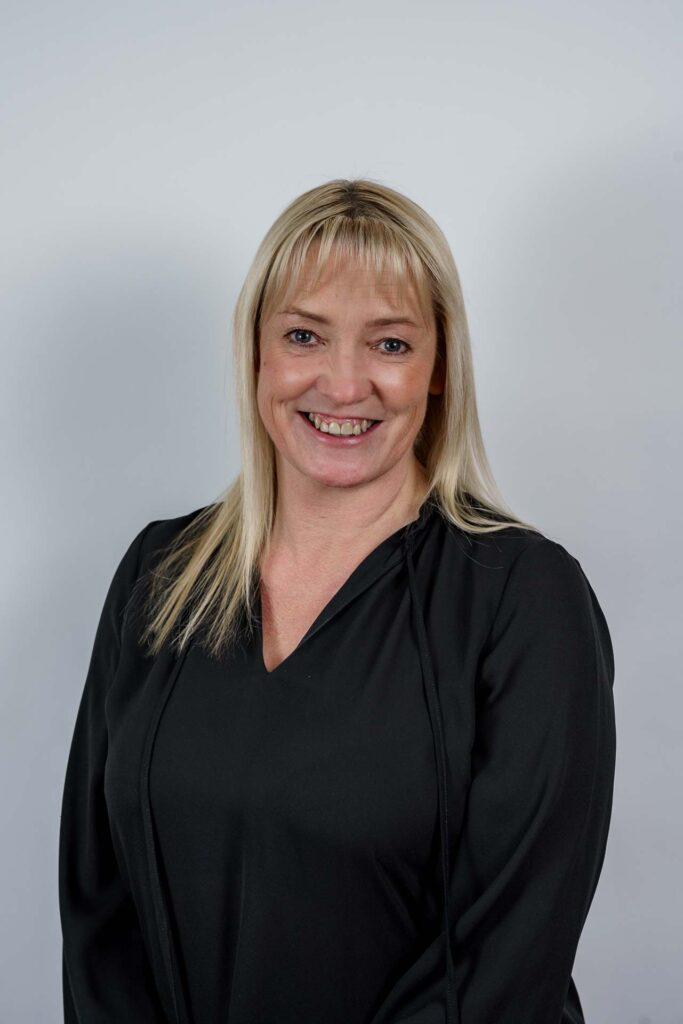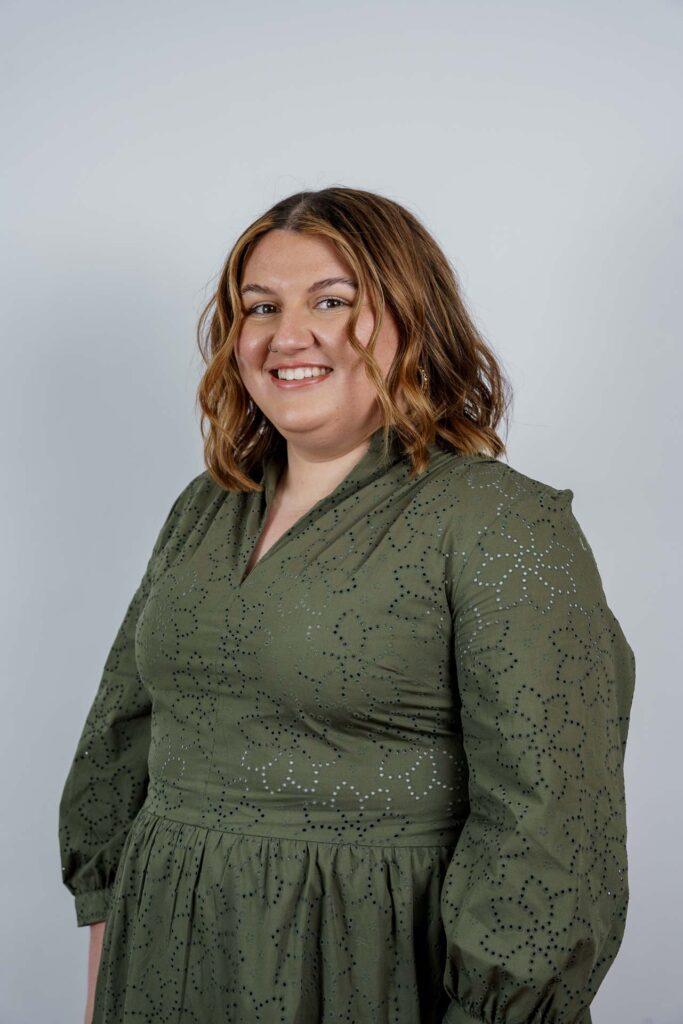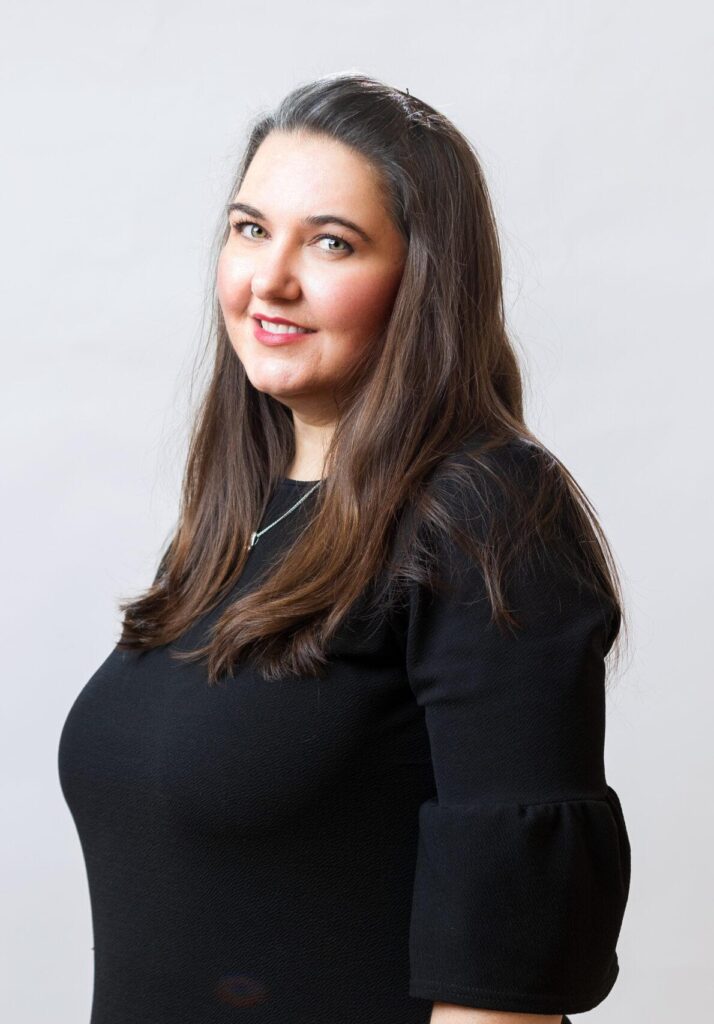With planning and managing roughly 45 events each year, alongside overseeing over 10,000 members through our association management services, you can imagine that our 28-person team runs on a busy schedule! It’s essential when working with such a high volume of clients that our team stay on top of their shifting workloads and manage their time well to ensure that all our operations run as smoothly and efficiently as possible. We asked some of the team for their best tips on how to stay organised amidst the chaos, and here was some of their best advice:
Working as the Sales and Marketing Coordinator for the company, I’m in a unique situation when compared to my other colleagues as I work across two functions. As I work in both, it’s essential for me to make sure I manage my time efficiently as to not neglect an entire side of my role. The best practice I’ve found to balance my workload is to segment my day – so long as my tasks aren’t time sensitive to that hour! This doesn’t always mean spending all morning doing Marketing and all afternoon doing Sales (as sometimes they can almost be one in the same!), but instead segmenting my day into one or two-hour timeslots. This means I can focus on the task in hand and by doing so get less distracted with other smaller background tasks, meaning I don’t end up with a load of half-finished jobs. This also means that I know I’m putting equal effort into both sides of my role and am not sacrificing time in one for the other. I’d also be absolutely lost without my Outlook Calendar – I don’t know what I’d do if it ever goes down!
Sophie, Sales and Marketing Coordinator
Tips on how I manage my workload? Well, there’s a question and something that is quite often the bane of my life! I’ve tried the electronic thing but I’m old school and need to write everything down. If I don’t write it down, it generally doesn’t happen. I have a notebook with my weekly to-do list and love nothing more than getting to Friday afternoon with it all marked off! My main priorities come first and then I try to do the bigger jobs, or the tasks I don’t really want to do. This leaves the smaller ones or the ones I like to do for the end of the week. I don’t tend to mark off time in my calendar unless it’s a bigger task but being an Event Manager, turn to the next the page and it’s back to the start! We like listening to the radio in the office and I have one in my office at home too, but if it’s a big or more complicated job, I like it to be quiet.
Elaine, Event Manager


To manage my workload, I utilise the outlook calendar function. I add daily, weekly and monthly recurrences so I am alerted to tasks throughout the day. I also block out chunks of the day on my outlook calendar, for instance if I have a big task which I need to concentrate on, I schedule it in for working from home days so I have less distractions and can concentrate on that task. Every Friday I look at my clients’ timelines and look ahead to the actions for the following week, so I plan ahead. With emails, I tend to use the categories function so that I can answer things with the same topics, I also use the email template’s function as a lot of the emails can end up saying the same thing repetitively, so this function allows me to answer quickly.
Michelle, Client Support Manager and PA
In order to manage my workload, I colour code each event or project and then use this across Outlook and OneNote. This helps me to keep on top of emails and is particularly useful if my inbox is busy as having the emails categorised allows me to focus on one event at a time. In OneNote I have a separate section for each event and the first page includes the same information (Event team, date(s), venue, and a to do list). This allows me to see the most important information easily and having a running to do list also ensures I’m constantly on top of tasks. When working from home I’m most productive with some background noise (this is usually Clyde 1 or Kisstory radio stations!) If I’m working in the office and need to allow myself to have time to work on a particular task, I have a Power Hour. A Power Hour is where I set myself a timer for 1-hour to complete a specific task, during this time I’ll ask the team not to disturb me (unless it’s for a cuppa!) and I’ll put my headphones in to ensure I don’t get distracted.
Emma, Event Manager


For the first hour I will work through my emails, get rid of any that are not needed and answer those that I can deal with quickly. I like to colour code my membership emails and then sort them into their folders as I will work on these as their own task, and I check my awaiting response folder for anything that needs followed up. Then I check my notebook for tasks I have written down to deal with from the day before and check my timeline for tasks to be done that day, deadlines and for upcoming tasks for the rest of the week. There are a lot of meetings so planning and minutes takes up a lot of my time each month but using my timeline keeps me on track. I also always have the local radio station on as I need the music on in the background to concentrate – I have always needed music from when I was in school through to college and now the workplace!
Sharon, PA
These are just some of the actions that our team use for productivity that you could take back into practice. If you’re looking for association management or professional conference organiser (PCO), our team could assist you with other ways to help your board or event organising committee stay on top of their priorities.
